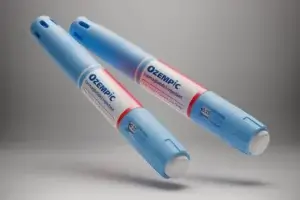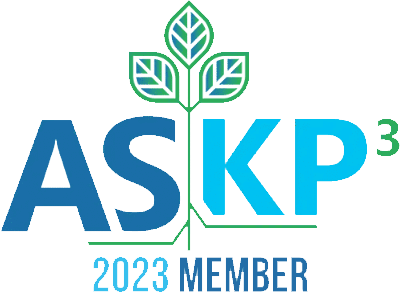Murrough JW, Iosifescu DV, Chang LC, Al Jurdi RK, Green CE, Perez AM, Iqbal S, Pillemer S, Foulkes A, Shah A, Charney DS, Mathew SJ. Antidepressant efficacy of ketamine in treatment-resistant major depression: a two-site randomized controlled trial. Am J Psychiatry. 2013 Oct;170(10):1134-42. doi: 10.1176/appi.ajp.2013.13030392. PMID: 23982301; PMCID: PMC3992936.
Highlights:
- Ketamine showed rapid antidepressant effects with a single IV infusion of ketamine for patients with severe and chronic forms of depression.
- Compared to the placebo-controlled group using midazolam, the ketamine treatment group showed a better antidepressant response than placebo.
- 64% response rate was seen in the ketamine group vs. 28% with the midazolam placebo group
Results:
The ketamine group had greater improvement in the MADRS score than the midazolam group 24 hours after treatment. After adjustment for baseline scores and site, the MADRS score was lower in the ketamine group than in the midazolam group by 7.95 points (95% confidence interval [CI], 3.20 to 12.71). The likelihood of response at 24 hours was greater with ketamine than with midazolam (odds ratio, 2.18; 95% CI, 1.21 to 4.14), with response rates of 64% and 28%, respectively.
Conclusions:
Ketamine demonstrated rapid antidepressant effects in an optimized study design, further supporting NMDA receptor modulation as a novel mechanism for accelerated improvement in severe and chronic forms of depression. More information on response durability and safety is required before implementation in clinical practice.













